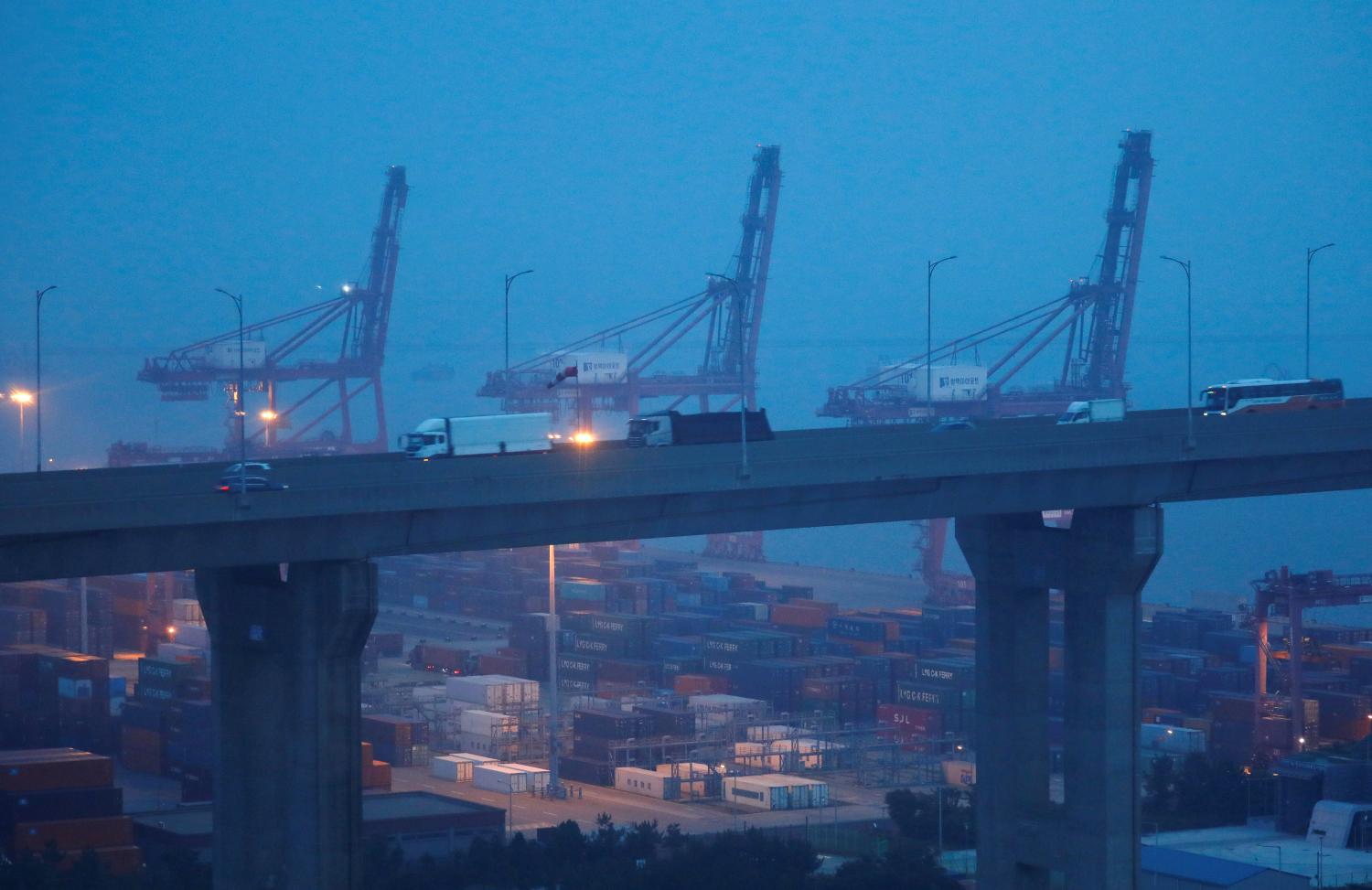This piece was originally published by the East Asia Institute (EAI) as part of a project with the Center for East Asia Policy Studies (CEAP) at Brookings examining prospects for U.S.-South Korea cooperation in an era of U.S.-China strategic competition. A webinar was hosted by CEAP and EAI on November 13, 2020 to discuss the issues presented in this and other project working papers.
Executive Summary
The United States and South Korea share a set of concerns with China’s trade and investment practices, which in many instances are outside the norms of advanced economies. China likes to think of itself as a developing country, based on its per capita GDP, but it is the second largest economy in the world and the largest trading nation so that the U.S. and its partners like South Korea would like to see it move quickly to advanced country standards. The specific policies in question include extensive non-tariff barriers such as arbitrary and changeable standards; restrictions on foreign investment in some sectors, particularly in services; poor protection of intellectual property rights; forced technology transfer through various coercive means; extensive role in the economy of state-owned enterprises that have favorable access to land and credit; and subsidies to develop specific technologies. The impact of these policies is to distort trade flows from what they would be in a more fully open environment. Bringing China up to advanced country norms would open new trading opportunities and raise American and South Korean incomes. Aside from these practices that directly affect the U.S. and other advanced economies, China is also out of step on global norms for lending to poor countries, which will have important indirect effects on the global economy.
Specific objectives of South Korea and the U.S. in dealing with China are as follows: We would like to see China move as quickly as possible to developed-country norms for trade and investment. We would like to see China more integrated into global economic institutions. We would like to sharpen and strengthen national security protections. We would like to undo the mistakes of the Trump administration with as little damage as possible to the U.S. economy. The diplomatic challenge will be to negotiate the removal of U.S. protectionism in return for serious structural reform, and to do this in concert with our allies. This paper concludes with practical policy recommendations to achieve these objectives.
The Brookings Institution is committed to quality, independence, and impact.
We are supported by a diverse array of funders. In line with our values and policies, each Brookings publication represents the sole views of its author(s).




